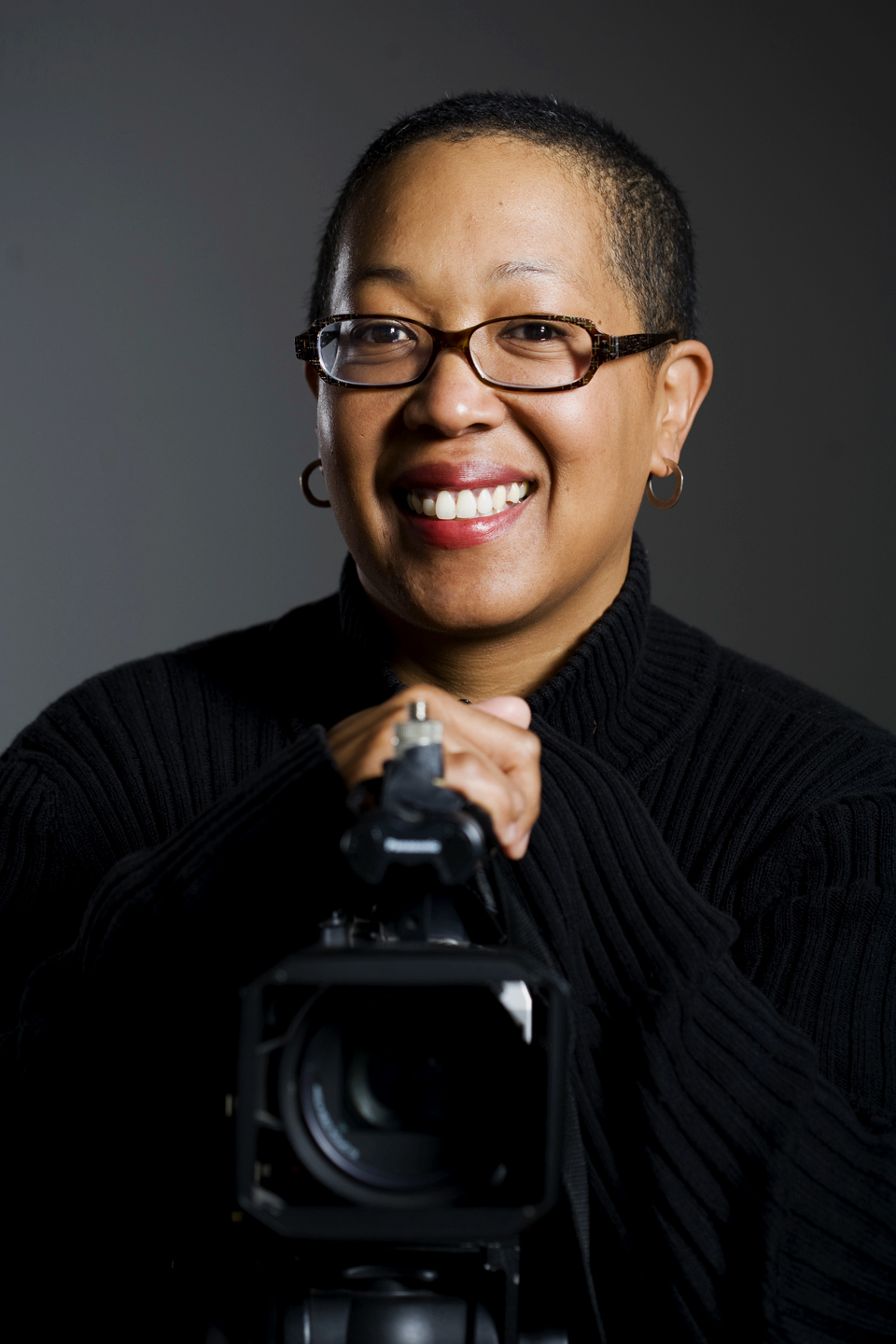Feature in today’s CIFF daily blog
March 28, 2012March 28th, 2012 @ 6:51am
Filmmaker Eli Kimaro explores her roots
Eli Kimaro is a first-generation American, with a Chagga father, from Tanzania, and Korean mother. In 2003, shortly after she was married, she panicked. When she thought about the children she and her husband might have and realized that “their understanding about what it means for them to be Korean or Chagga would have to come from me,” she says. She was terrified. “Because what the hell did I know?!,” she says.
Burned out from her job as a trauma counselor, the time seemed right to do something. The next month, she was sitting in an intro to filmmaking class. Several months later, she and her husband quit their jobs and bought two one-way tickets to Tanzania.
“Even though we had zero skills or equipment or know-how…I felt like I had finally figured out a way to preserve and pass down our cultural heritage and family stories,” she says.
Kimaro had a happy childhood with “loving, supportive brilliant parents,” she says. But the film reveals that there were also some painful and confusing moments, which “altered the course of my life,” she continues.
In the film, she talks to her aunts in Tanzania and together they uncover many things that have been hidden for years. Together these women could finally open up and tell someone the truth about their lives. When they started telling their story, and realized they weren’t going to be shut down, “a dam burst open,” Kimaro continues.
“And for the first time, they were the subject of their own life stories — instead of the object of someone else’s,” she says.
Witnessing the transformation that takes place in her aunts over the course of her interviews “is truly profound,” she says. “… we all have a desire to be heard, to be seen, to know that we matter, and that our stories matter. Regardless of who we are, or where we come from, this human need to connect is what connects us all.”
And she’s going to continue that connection with her own children. Her journey through her father’s homeland helped her come to a deeper understanding of who she is today and where she comes from. “It has given me a chance to reflect on the stories I will one day share with my daughter about who she is, and what it means for her to be Chagga,” Kimaro says.
(For some reason, I couldn’t link to this CIFF blog post, which is why I’ve copied and pasted Anne M. DiTeodoro’s lovely write up here…)

